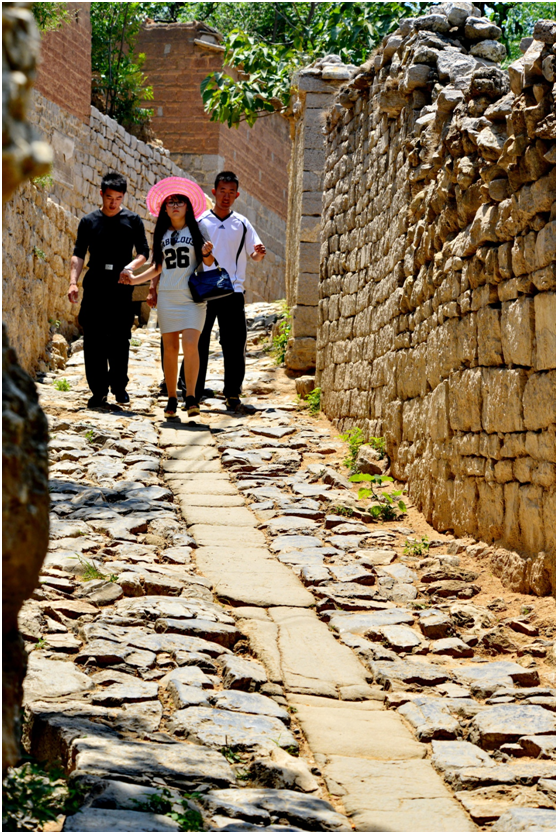|
Urbanization is driving increasing numbers of farmers to abandon rural life and ancient villages are fading into a distant memory.
Villages of different styles can be found in may different areas of China, such as the Qiao family compound at Pingyao, Shanxi province, Huizhou folk house in Anhui province, ancient water towns in Zhejiang province, Hakka Tulou in Fujian province, Miao ethic villages in Guizhou province and seaweed houses on the Shandong peninsula.
 |
|
Many seaweed houses were built more than a century ago in Shangdong province. Photo by Ju Chuanjiang
|
Most of the villages were built during the Ming (1368-1644) and Qing (1644-1911) dynasties and some were legacies of the Song (AD 420-479) and Yuan (1271-1368) dynasties.
Although transportation is not the best, the environment of ancient villages is clean and charming. Distinctive architectural features display Chinese national folk culture and local flavors. The villages are dubbed the "Chinese Residential Museum" and are cherished by experts and tourists from home and abroad.
"The old towns and houses record traditional Chinese customs and living conditions. In addition, they represent the history of the Chinese farming era. Only by keeping ancient villages will we keep the old stories and retain nostalgia," said Xie Zhixiu, director of Shandong Provincial Cultural Relics Bureau.
 |
|
Tourists walk on an ancient street in Zhujiayu village, Shandong province. Photo by Ju Chuanjiang
|
"The village looms up at a distance and smoke rises from kitchen chimneys. Dogs bark in alleys and chickens' call goes beyond mulberry." Chinese poet Tao Yuanming describes rural life in his poem Return to the Countryside.
In April, a forum in Shanghai on Chinese ancient villages' protection and development selected a new batch of "Chinese landscape villages", taking the total number to 61. These villages are home to people who live in harmony with nature.
|